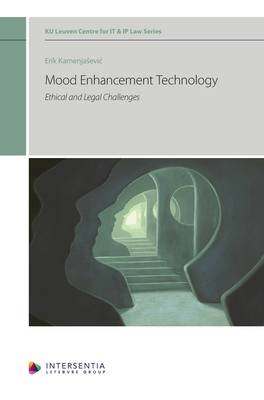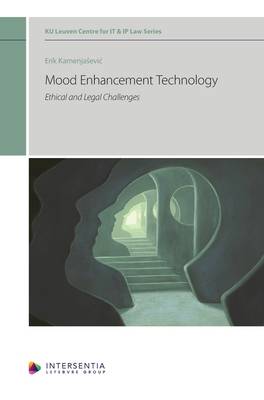
- Retrait gratuit dans votre magasin Club
- 7.000.000 titres dans notre catalogue
- Payer en toute sécurité
- Toujours un magasin près de chez vous
- Retrait gratuit dans votre magasin Club
- 7.000.0000 titres dans notre catalogue
- Payer en toute sécurité
- Toujours un magasin près de chez vous
Description
This book endeavours to present an exhaustive examination of the ethical and legal dimensions of human mood enhancement technologies. It commences with a meticulous exploration of diverse definitions of human enhancement, elucidating two primary challenges: the implicit allusion to 'normality' and the demarcation between therapy and enhancement. The book subsequently probes the ethical arguments encircling these technologies, acknowledging that such discourses frequently intersect with ideological and religious perspectives. Prevalent arguments, including those of unnaturalness, playing god, selfishness, cheating, and medicalisation, are subjected to normative analysis to discern societal disquiet. Furthermore, common ethical principles such as autonomy, dignity, justice, identity, privacy, safety, and the prevention of harm are scrutinised employing the wide reflective equilibrium method. An integrated analysis demonstrates how these arguments overlap, interconnect, or conflict, yielding normative insights for the interpretation of the current regulatory framework. The book also proffers a comprehensive analysis of applicable norms from various international and European Union legal instruments, unveiling legal uncertainties in existing laws. It also delineates the connections and overlaps between ethical arguments and legal norms. The conclusions of the book furnish actionable recommendations for policymakers and legislators to address the legal and ethical concerns attached to human mood enhancement technology.
Erik Kamenjašević is a référendaire at the Court of Justice of the European Union and holds the position of research fellow at the University of Leuven. He earned his doctoral degree in law from the University of Leuven, where his research, both prior to and during his doctoral studies, focused on the interaction between ethics, law, and technology.
Spécifications
Parties prenantes
- Auteur(s) :
- Editeur:
Contenu
- Nombre de pages :
- 234
- Langue:
- Anglais
- Collection :
Caractéristiques
- EAN:
- 9781839705878
- Date de parution :
- 31-07-25
- Format:
- Livre relié
- Dimensions :
- 160 mm x 240 mm
- Poids :
- 600 g

Les avis
Nous publions uniquement les avis qui respectent les conditions requises. Consultez nos conditions pour les avis.






